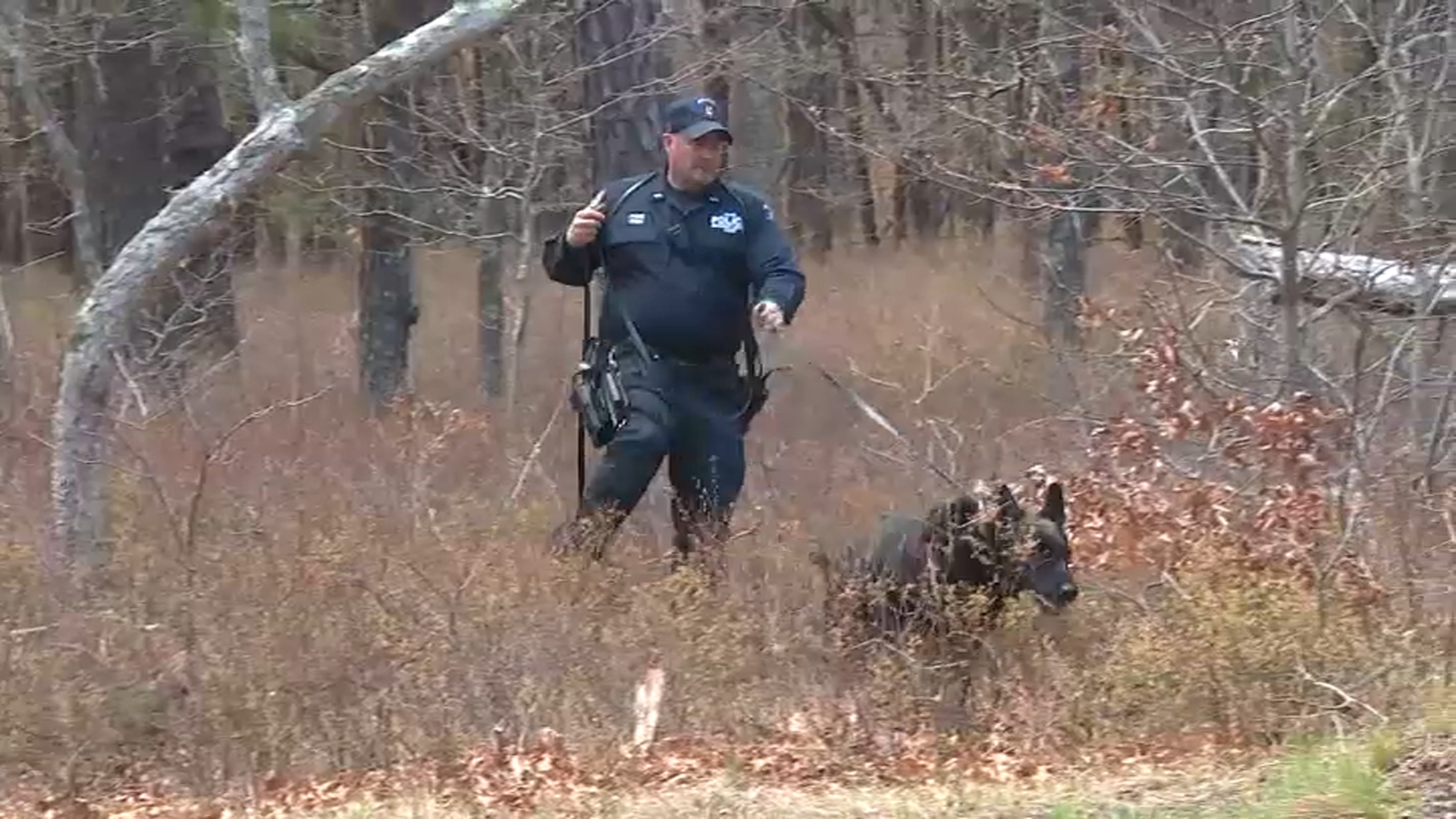Gov. David Paterson used his bully pulpit Saturday to pressure holdout lawmakers to approve an MTA bailout, saying he had heard enough "wrangling" on the issue.
Paterson called for the Legislature to vote early this week on taxing employer payrolls and taxi rides, one day after Assembly Speaker Sheldon Silver voiced criticisms of the plan, according to reports in The New York Times and Daily News.
Paterson said "action" was necessary regardless of whether it would be known in advance if there were enough votes to secure the bill's passage, the Times reported.
The beleaguered MTA currently faces an estimated $1.2 billion deficit for 2009, according to the Times. If lawmakers cannot come up with money to plug that gap by the end of May, the authority plans to act on its "doomsday scenario" -- 20 to 30 percent fare hikes and massive service cuts, which include eliminating the W and Z subway lines and 35 bus routes.
"It's been 60 days of wrangling," Paterson told the News. "It's time to take action."
Paterson planned to meet on Monday with two Democratic holdouts opposed to the bill, Long Island Sens. Craig Johnson and Brian Foley, the News reported.
Unless Republicans get on-board, Paterson will need votes from both Democrats, according to reports.
Local
Foley's spokesman told the Times that the Senator was waiting to see the final proposal.
"He (Foley) has serious concerns about the proposed payroll tax on Long Island's businesses, hospitals and non-profits," the spokesman said.
Even if the Legislature passes a bill to bail out the MTA, fiscal issues remain.
The current rescue plan would bring in $1.5 billion, according to the Times. That won't be enough to fund its five-year capital program and bridge construction. Last week, the MTA warned that it faced another $621 million hole in its budget this year, with an additional billion needed next year.
Paterson told the Times the current plan "was not a blue ribbon." Instead, it would be a quick fix to "solve the huge immediate problem of anxiety and fear that commuters have over the shocking increase in fares and the prospect of widespread service cuts."



